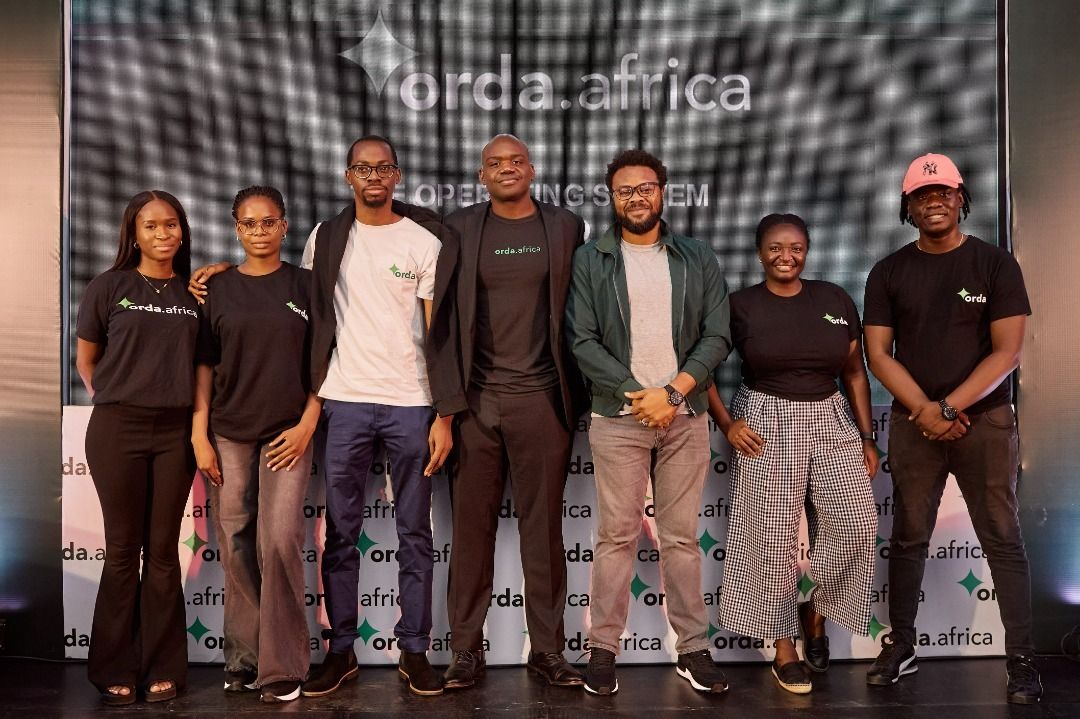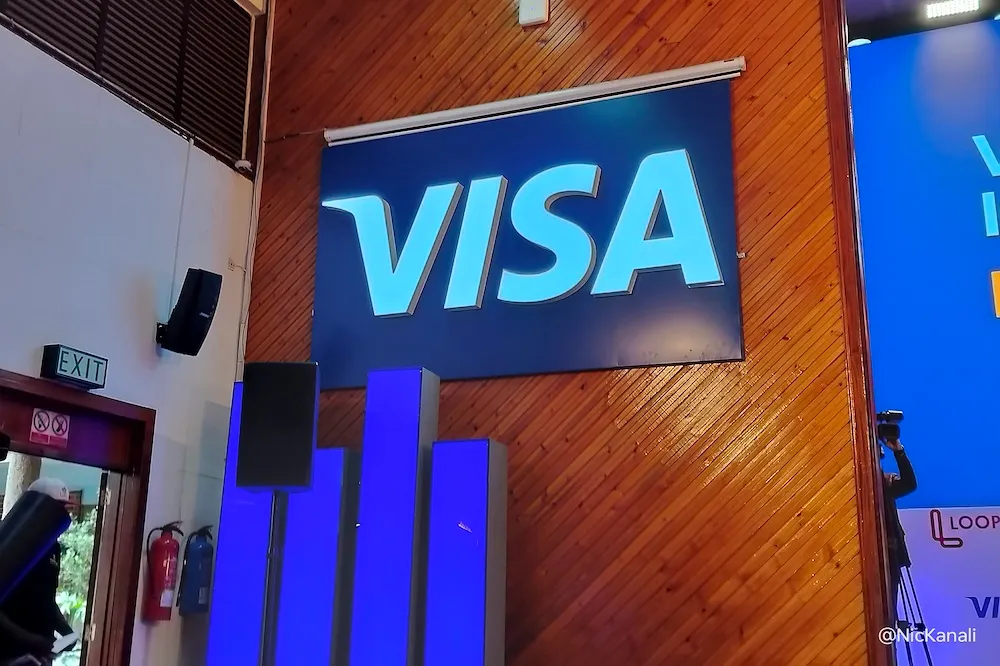Large-scale restaurant groups in Africa typically rely on legacy systems and POS service providers to run their businesses. Unfortunately, these systems can be quite costly and do not adequately cater to the needs of smaller restaurants, which make up the largest segment of this $50 billion industry; as a result, they continue to run operations manually.
Orda, a Nigerian food tech platform, has just announced that it has raised $3.4 million in seed funding to develop and launch its cloud-based restaurant operating system, which will help independent, locally-owned eateries overcome these problems. The two-year-old startup, which received $1.1 million in pre-seed funding in January, has raised a total of $4.5 million so far in 2018.
Read also: Quona Capital Group secures $332 million for financial inclusion investments
Orda’s Main Agenda
Its primary market is comprised of independent and chain eateries of varying sizes. Because of their limited internet access, most eateries are forced to rely on pen and paper to perform tasks such as inventory management and financial reconciliation. In addition to letting restaurants use Orda’s operating system for online ordering and inventory management, the platform also provides access to kitchen display systems, accounting software, and integrations with Y Combinator-backed food aggregators like Chowdeck, Bolt Food, and Glovo.
CEO Guy Futi said, “We take an interesting approach to software and helping restaurant owners set up.” “Our software automates the calculations for inventory management and recipe yields that previously required manual calculations for those who still prefer to write things by hand.”
According to Futi, Orda’s two markets in Nigeria and Kenya have seen massive adoption among small restaurants, suggesting the startup may have already reached product-market fit. The fact that the food tech has onboarded 600 vendors in less than a year strengthens his belief in its efficacy.
Demands issued to Orda
To meet demand, Orda plans to serve over 1,000 restaurants by the end of Q1 2022, and its CEO has stated that “hundreds more” are in the pipeline. A similar trend can be seen in Orda’s business dealings. Compared to January of this year, the company’s gross merchandise value (GMV) has increased by 30% per month, and it is now processing more than 50,000 orders per week for its suppliers. With a retention rate of over 95%, “we are seeing rapid expansion in Nigeria and Kenya,” Futi said.
Restaurants can choose from three different pricing tiers for Orda, ranging from N1,000 ($1.54) to N5,000 ($7.69) or N20,000 ($30.76), giving them access to features like order management, an omnichannel, integrations with food aggregators and delivery platforms, and set up staff. Futi claims that this has led to a 30% increase in monthly revenue as a result.
Even with this change, it’s been hard to come up with solutions for these African restaurants, especially since there isn’t a playbook. For example, Orda had to set up its cloud-based solution to work even when there was no internet connection, so that restaurants could still record data even when the internet was down.
At the same time, Orda wants to add more features to the platform, especially in the area of financial products, which will make it easier for customers to borrow money and pay bills. Futi says that 10% of its vendors are already getting paid through the platform, and that a larger rollout could start in the second quarter of 2019.
Orda’s Funding and Others
This funding will be used, in part, to help the food technology industry develop and expand its functionality. It is also keeping up its push into Africa and adding more restaurants to its chain. To prepare for its next phase of growth, the company has strengthened its leadership team by hiring former Goldman Sachs and Barclays Bank executives Afua Ahwoi as head of operations and strategy and Modesola Osasomi as head of growth.
Even though they are part of a young ecosystem, wealthy investors are paying attention to Africa’s food tech platforms. In addition to Glovo and Jumia Food, other startups that help restaurants with online deliveries, like Chowdeck and Foodcourt, have received funding from global investors like Y Combinator. Other startups that supply restaurants with food and manage their supply chains, like Vendease, OneOrder, and TopUp Mama, have also raised a lot of money.
When asked if Orda plans to expand into these other areas, Futi said that doing so would be a bad business move because it would distract the young company from its primary mission of creating software. The founder, along with Fikayo Akinwale, Mark Edomwande, Kunle Ogungbamila, and Namir El-Khouri, said, “Globally, you see that Sysco isn’t in the same vertical as Toast.” We’re willing to work with other parties if the opportunity arises. But from what we’ve seen, making good software requires digging into a maze of small details.
Revio Connects Businesses To Payment Methods To Reduces Payment Failures
Orda, Quona Capital and Fintech Collective
Quona Capital, based in New York, and FinTech Collective, based in San Francisco, led the round. Lofty Inc. Capital, Enza Capital, and the Norrsken Foundation are just a few examples of long-standing investors; newer venture capital firms like Outside VC and Far Out Ventures are also involved.
Quona Capital’s senior investment associate Kofoworola Agbaje explained why her company is investing in the food tech industry as follows: “When a restaurant owner moves from pen and paper to a fully automated digital platform, it’s incredibly empowering.”
Businesses can now grow because they have found a treasure trove of information that can help them increase output and profits. Small and medium-sized eateries and the people who work in them can greatly benefit from a product like Orda.















